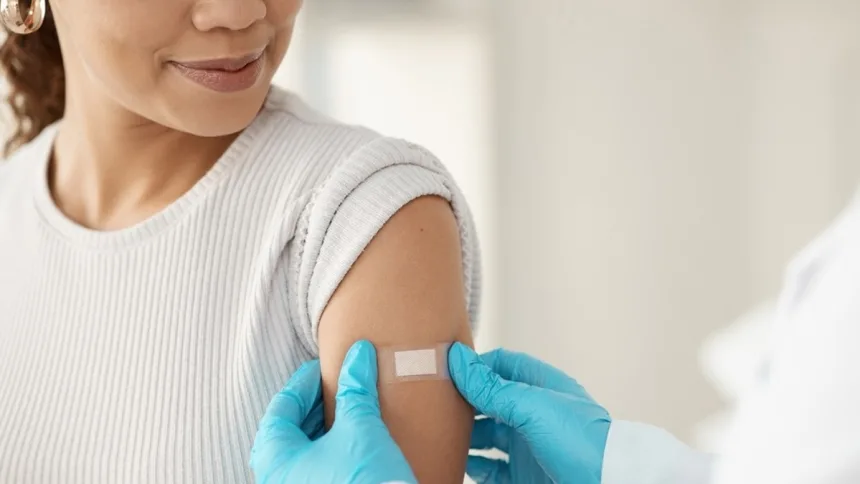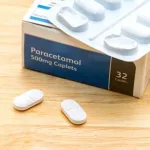December 2024- A newer vaccine against Hepatitus B virus was superior to an older vaccine type in inducing a protective antibody response among people living with HIV who didn’t respond to prior vaccination, according to the results of an international study led by a Weill Cornell Medicine investigator.
The study, reported on Dec. 1 in JAMA, showed that the hepatitis B vaccine with a cytosine phosphoguanine adjuvant, known as HepB-CpG, (trade name Heplisav-B) induced protective levels of antibodies in up to 99.4% of the subjects who received it. Such protection was seen in only 80.6% of subjects who received the hepatitis B vaccine with an aluminium hydroxide adjuvant, known as HepB-alum, (trade name Engerix-B).
“These results suggest a potential path forward for the large number of people living with HIV who can’t get protection from older hepatitis B vaccines,” said study corresponding author Dr. Kristen Marks, an associate professor of medicine at Weill Cornell Medicine and an infectious disease specialist at NewYork-Presbyterian/Weill Cornell Medical Center.
Hepatitis B virus is spread mostly by the transfer of body fluids during childbirth, sex, and needle-sharing during drug use. It can establish a chronic, often symptomless, liver infection that can progress to liver cirrhosis and/or liver cancer. The World Health Organization estimated in 2022 that more than 250 million people globally were living with chronic hepatitis B infection and that more than a million would die from it that year.
Also Read : 1 in 5 adults worldwide has a genital herpes infection- WHO
Prior research has found that Heplisav-B induces high rates of protective antibody responses in patients with diabetes or end-stage kidney disease who tend to respond poorly to traditional hepatitis B vaccines. In an earlier part of the current study, Dr. Marks and colleagues also found that Heplisav-B induced protective antibody responses in 100% of people with HIV who had otherwise never been vaccinated against hepatitis B.
The new analysis included three arms: the HepB-CpG vaccine in three doses, the HepB-alum vaccine in three doses, and the HepB-CpG vaccine in its standard regimen of two doses. Both of the Hep-CpG arms were superior to HepB-alum, with 99.4% (three-doses) and 93.1% (two doses) of people in those groups showing protective levels of vaccine-induced antibodies, compared with 80.6% of those in the HepB-alum group. The trial did not uncover new safety issues.




















